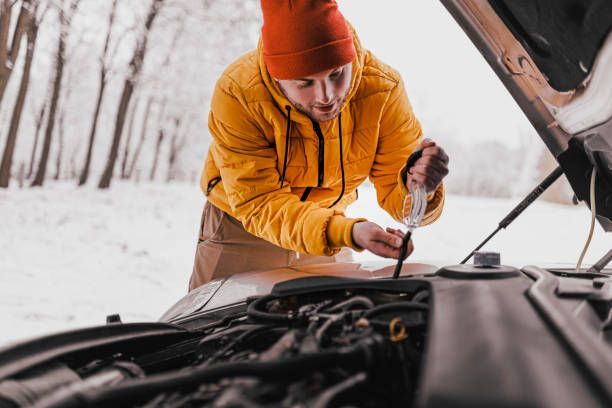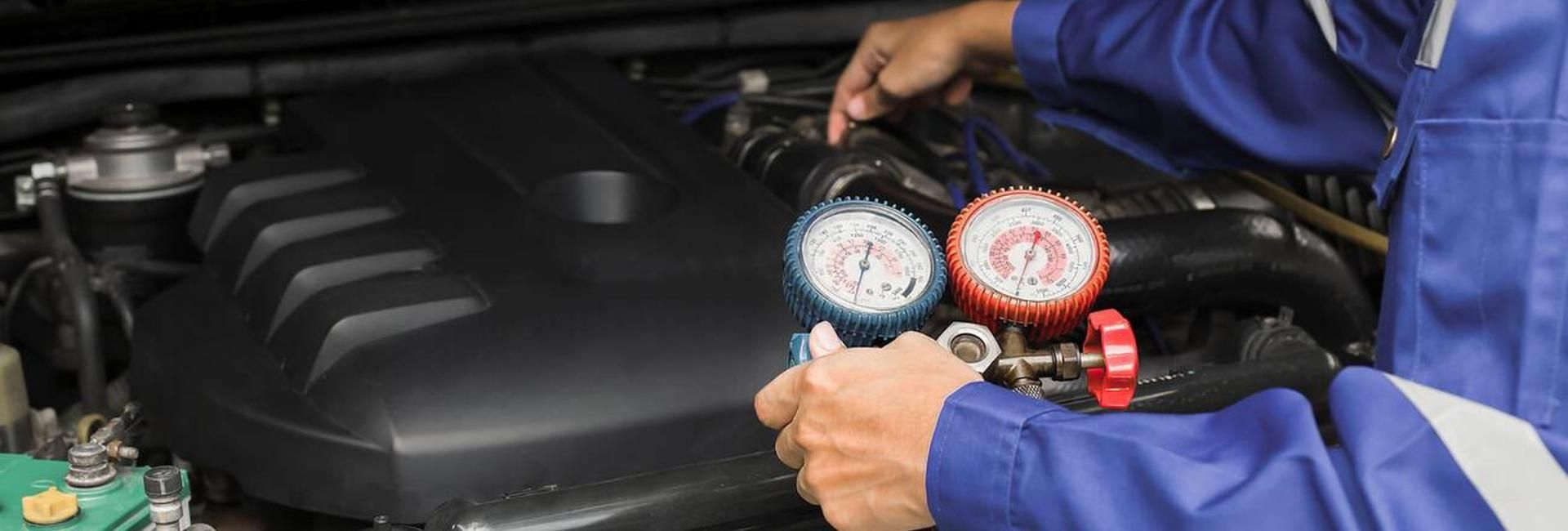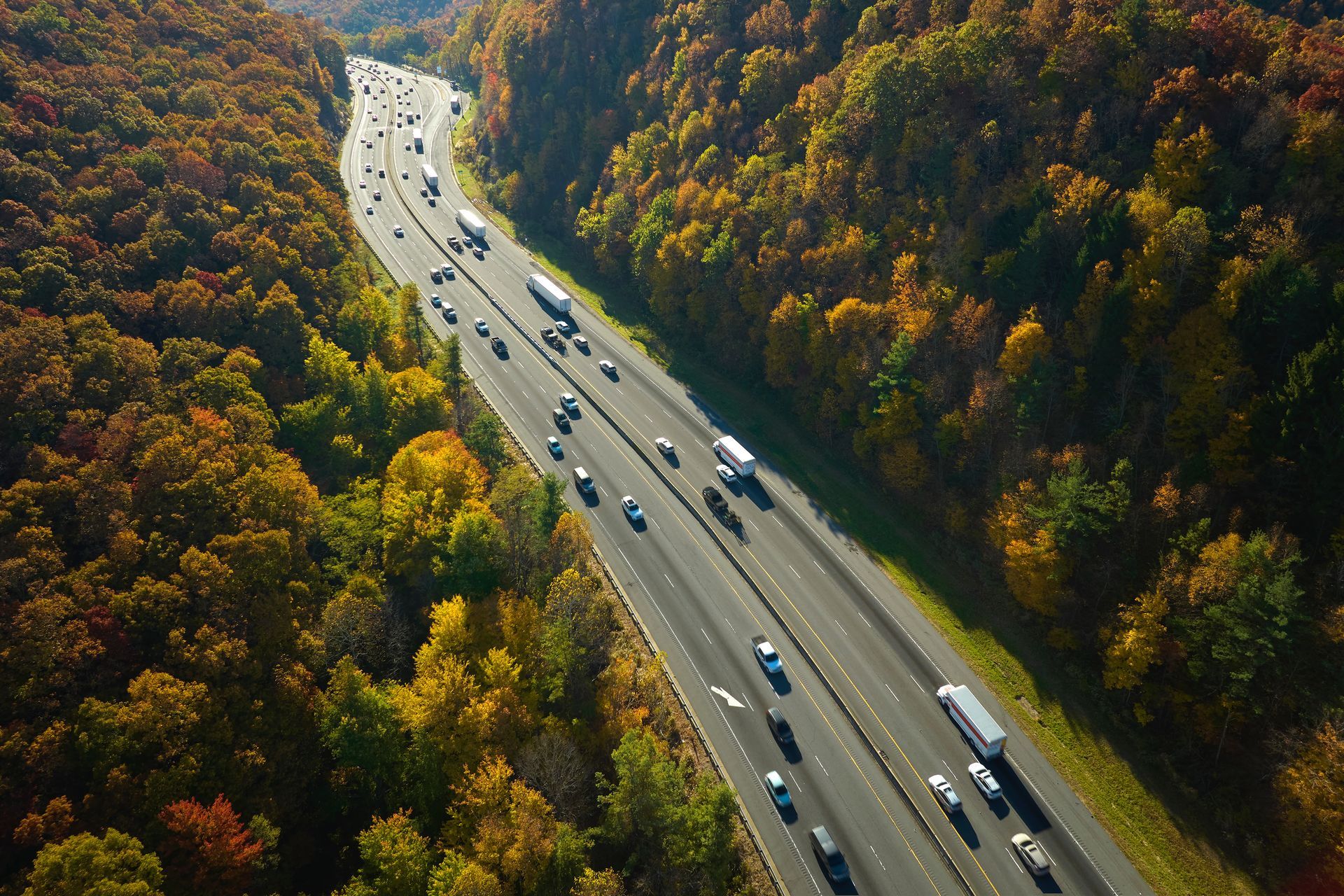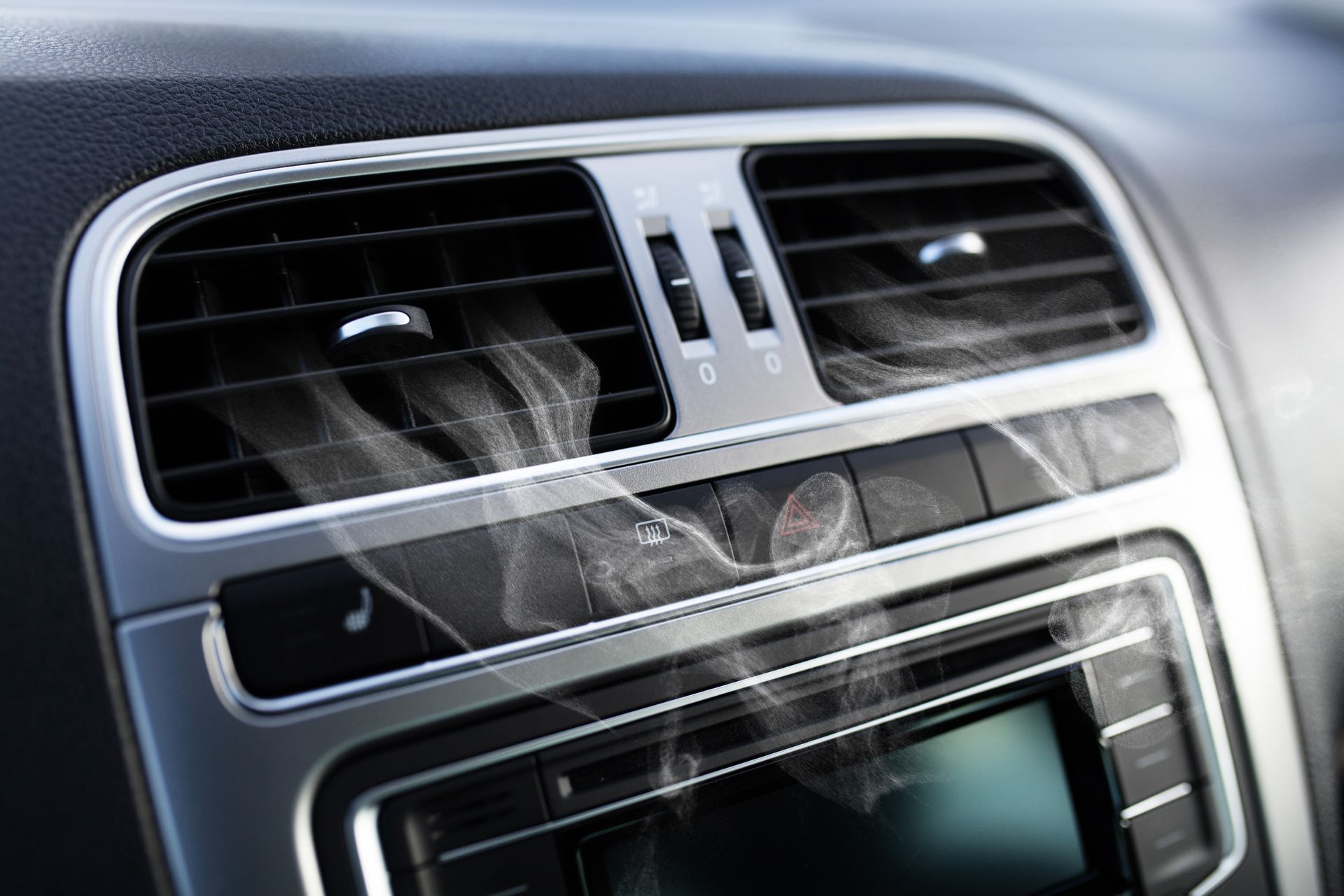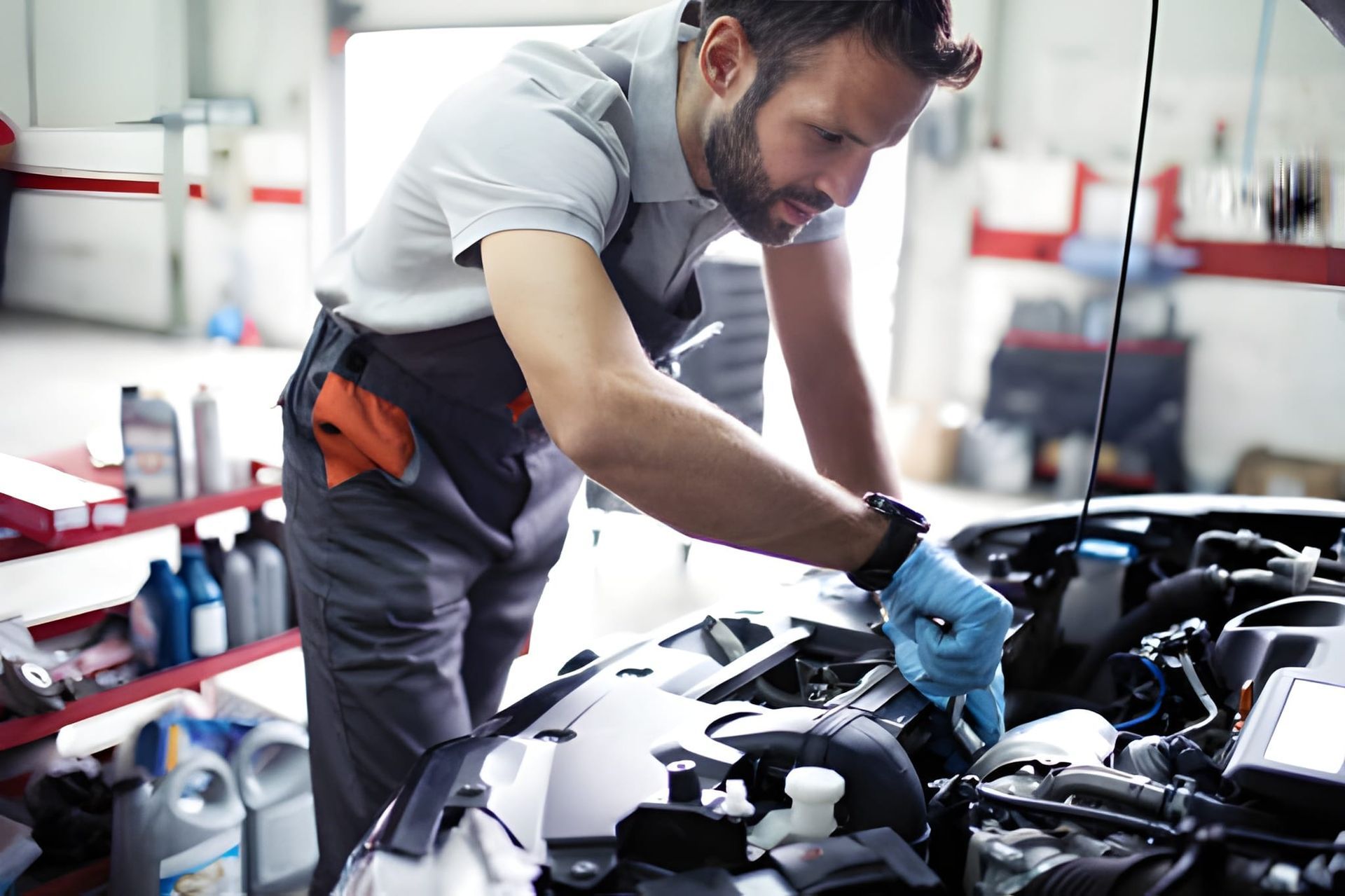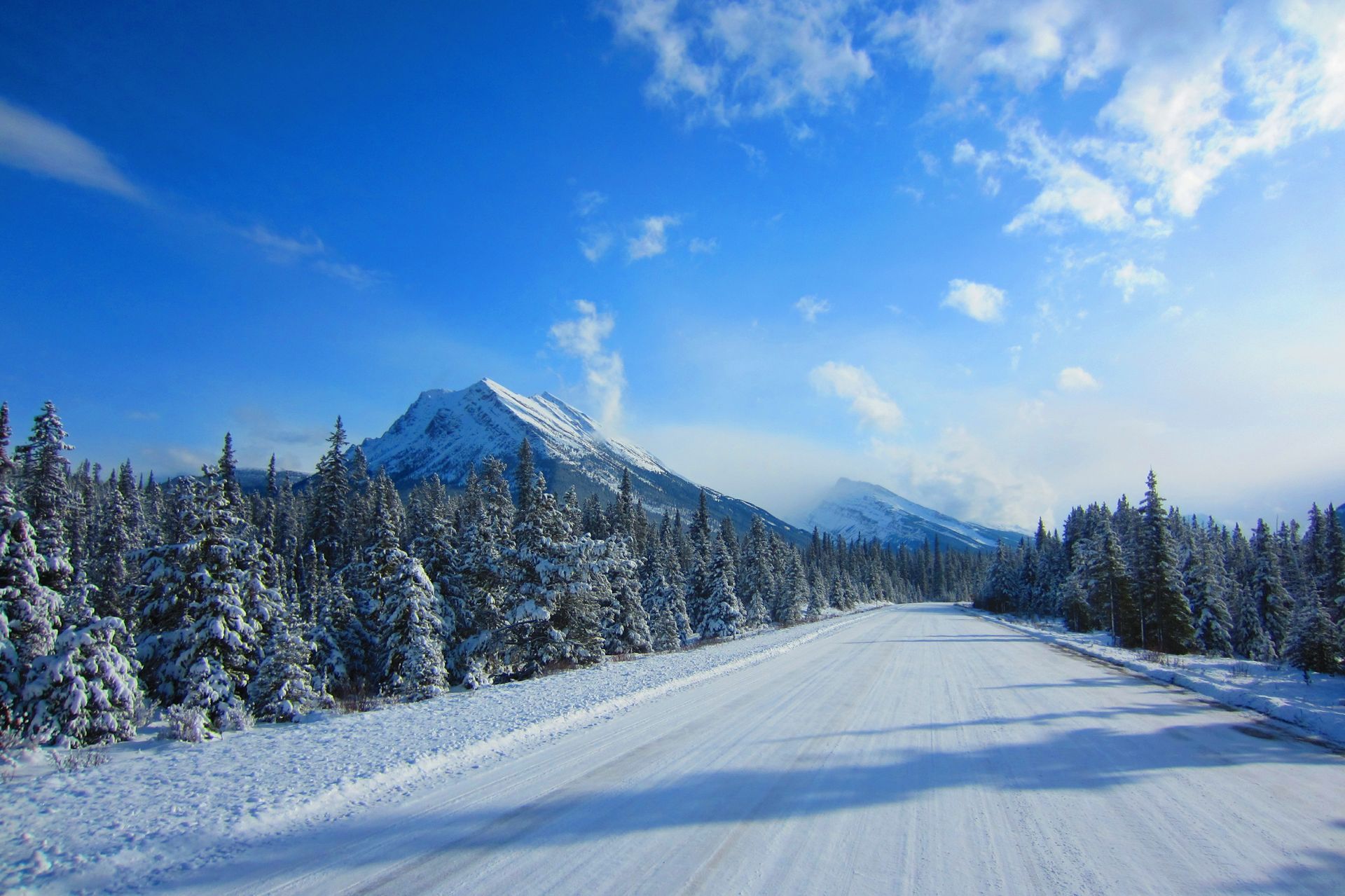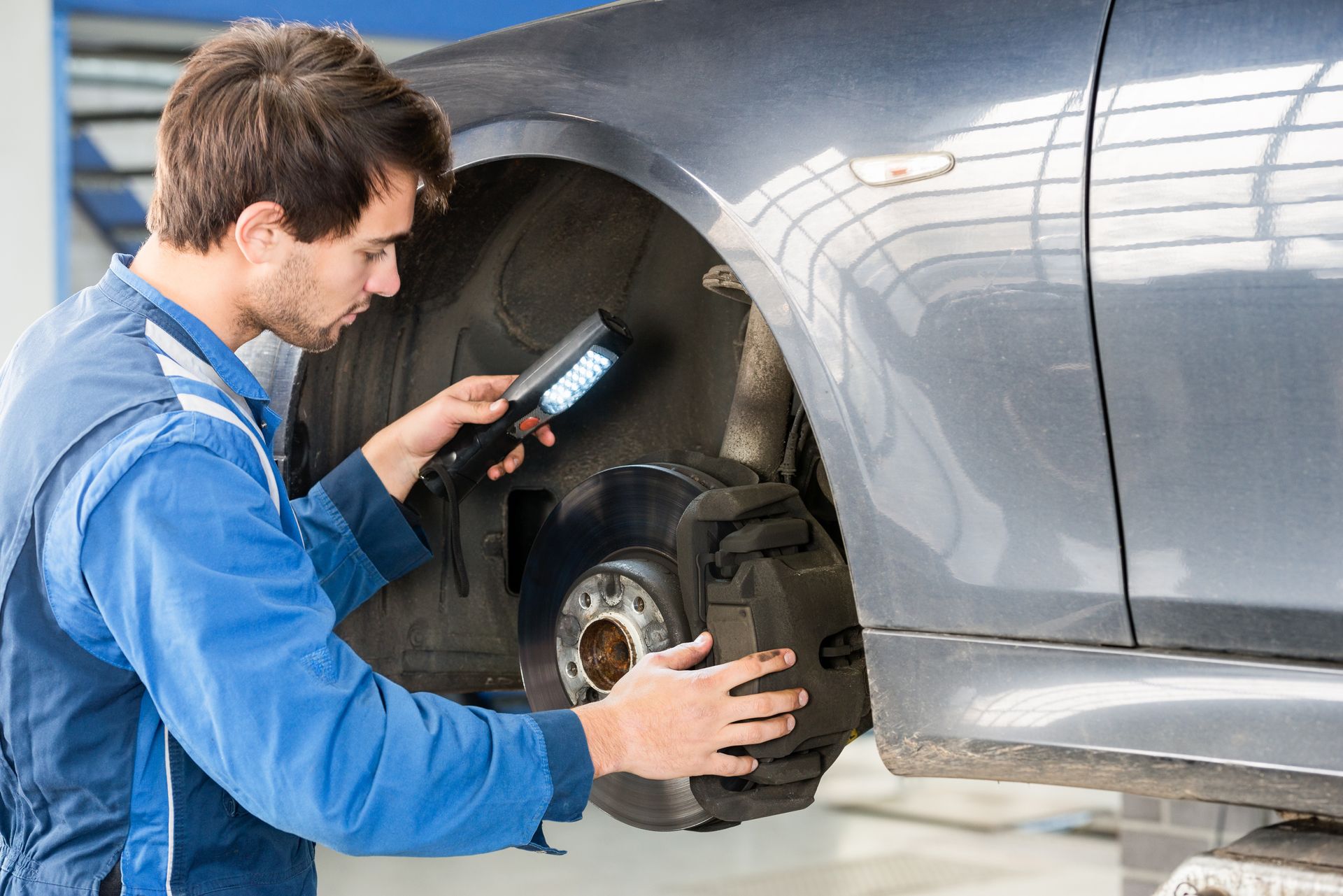Driving through the Rocky Mountains can be a scenic and unforgettable experience, but it also puts your brakes to the test. Long downhill stretches, tight curves, and frequent elevation changes demand more from your braking system than flat roads ever will. If you’re not careful, it’s easy to overheat your brakes without realizing it.
Overheated brakes reduce your ability to slow down, damage expensive components, and even lead to complete brake failure. Whether you live in Colorado or you’re just passing through the Rockies, here’s how to protect your brakes and stay in control on mountain roads.
What Brake Overheating Looks and Feels Like
Brake overheating usually doesn’t happen all at once. You’ll often feel it building. Signs include a soft or spongy brake pedal, longer stopping distances, or a burning smell near your wheels. In some cases, you may feel a vibration when applying the brakes or hear a grinding noise.
Brake fade happens when the friction material on the pads and rotors gets too hot to do its job. Once the heat reaches a certain point, braking becomes much less effective.
Use Engine Braking Whenever Possible
One of the best ways to reduce the load on your brakes is to use your engine to slow down. Downshifting into a lower gear when driving downhill allows the engine to help control your speed without relying entirely on the brake pedal.
In automatic cars, switching to manual mode or using “L” or “S” gear settings helps simulate this effect. This technique is especially important on long declines, like those found in the Rockies, where riding the brakes for miles can quickly cause them to overheat.
Avoid Riding the Brakes
Keeping constant pressure on your brake pedal while descending a mountain seems like a good idea, but it builds up heat quickly. Instead, try applying firm, short bursts of braking, then releasing the pedal to allow the system to cool.
This pulse-braking technique reduces the constant heat buildup and gives your brake components a chance to breathe between applications. If traffic allows, coast in lower gears when you can, and always leave plenty of space in front of your vehicle to allow for controlled braking.
Check Your Brake System Before a Mountain Drive
If you’re planning a trip through the Rockies or any mountain region, make sure your brakes are ready for the added stress. Worn pads, glazed rotors, or old brake fluid all reduce your stopping power and make overheating more likely.
Schedule a brake inspection to check for:
- Pad thickness and condition
- Rotor smoothness and runout
- Brake fluid level and color
- Caliper operation and wear
- Tire condition and pressure
Well-maintained brakes are far more resistant to overheating, and they’ll give you more consistent performance under stress.
Brake Upgrades for Mountain Driving
If you frequently drive mountain roads or tow heavy loads through hilly areas, consider upgrading your braking system. High-performance brake pads and rotors are designed to handle higher temperatures without fading.
Slotted or drilled rotors help dissipate heat more efficiently, and ceramic or semi-metallic brake pads offer improved resistance to temperature buildup. You can also switch to performance brake fluid with a higher boiling point for better performance on long descents.
These upgrades aren’t just for race cars—they’re valuable for anyone putting serious demand on their brakes in mountainous areas.
The Garage Automotive Solutions – Mountain-Ready Brake Service in Greeley, CO
At The Garage Automotive Solutions in Greeley, we understand the unique challenges that come with driving in Colorado’s terrain. Whether you're commuting through elevation changes or planning a road trip through the Rockies, our team will make sure your brakes are prepared to handle it.
Schedule your brake inspection or upgrade today and stay safe on every mountain curve and descent.
